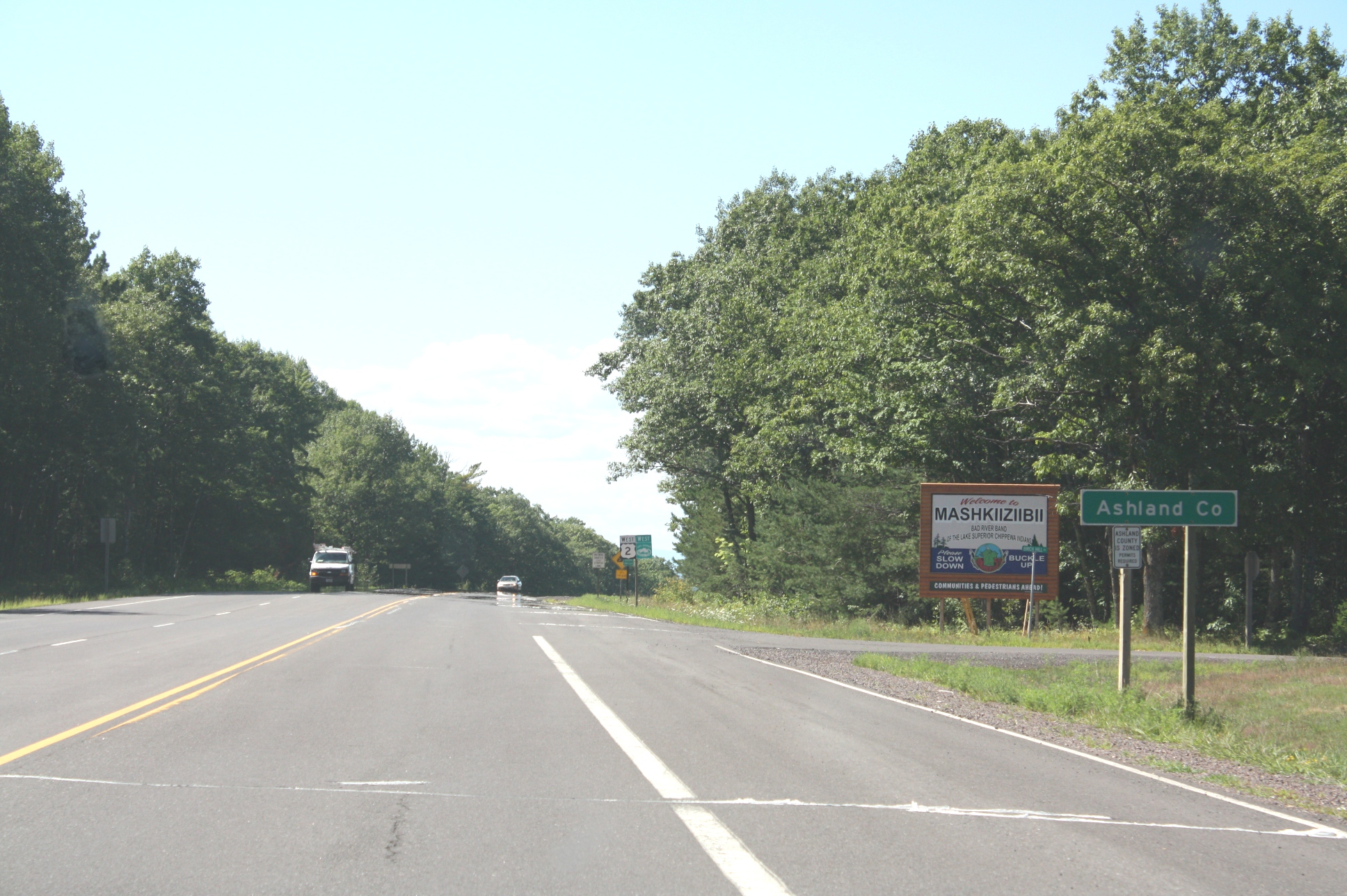
- Details
- By Kaili Berg
Leaders and environmental experts from the Bad River Band of Lake Superior Chippewa recently delivered testimony urging the U.S. Army Corps of Engineers to deny a key federal permit for Enbridge’s Line 5 reroute.
The Canadian oil company is seeking approval to build a new 41-mile pipeline segment that would cut around and upstream of the Band’s reservation in northern Wisconsin, where the current pipeline continues to operate in trespass.
The U.S. Army Corps of Engineers, St. Paul District, held a virtual public hearing on May 13-14 to gather testimony on whether the proposed project would violate the Band’s water quality standards, and if so, whether any permit conditions could mitigate those harms under Section 404 of the Clean Water Act.
“Line 5 is a daily threat to our clean rivers and lakes, our fish, and our wild rice,” said Bad River Band Chairman Robert Blanchard. “If Enbridge is allowed to move this nightmare upstream to get around our borders, it will only endanger more of our homeland. Our drinking water, our way of life, and our very future hang in the balance.”
Over the course of the two day hearing, the Band’s scientists and attorneys described how the reroute would cross at least 186 waterways and disturb more than 100 acres of high-quality wetlands, many of them essential to flood mitigation and ecosystem health.
Testimony warned that construction activities like trenching, drilling, and backfilling would cause permanent damage to these natural systems.
One of the most significant concerns raised was the risk to the Kakagon-Bad River Sloughs, a globally significant wetland complex and the largest wild rice bed on the Great Lakes.
The sloughs are central to the Band’s culture and lifeways, providing not only food, but spiritual and historical connection. The EPA previously found that pipeline construction in this area would have substantial and unacceptable impacts.
“An oil spill along Line 5 is just a matter of time,” said Earthjustice Senior Attorney Stefanie Tsosie, who represents the Band. “Enbridge is notorious across the region for its oil spills and aquifer breaches. In fact, one of the largest oil spills in Wisconsin history occurred just months ago from an Enbridge pipeline.”
The Line 5 reroute project has faced widespread opposition. When the Army Corps released its draft environmental assessment in 2023, it received over 150,000 public comments, many calling for the project to be scrapped entirely.
Meanwhile, the Band and several environmental groups are suing Wisconsin’s Department of Natural Resources over its decision to grant a state-level permit for the same project.
Despite ongoing legal challenges, the project remains eligible for fast tracked federal review under former President Trump’s “Energy Emergency” Executive Order.
“More and more people are waking up to the fact that Americans don’t need this dangerous pipeline in their backyards to have affordable energy,” said Jason Wilhite, Assistant Manager for Patagonia Fulton Market and a Great Lakes Business Network Executive Committee member. “The Great Lakes region directly supports over 1.5 million jobs and $60 billion in wages. Why would we jeopardize that for the benefit of a foreign oil company?”
More Stories Like This
Gwich'in Tribal Governments Submit Comments Challenging Fish and Wildlife Service's Inadequate Environmental Review of Arctic Refuge Snow RoadRappahannock Tribe Challenges 9M-Gallon Water Plan
Feds release draft long-term plans for Colorado River management
Apache Leader Walks 60 Miles to Court Hearing That Will Decide Fate of Sacred Oak Flat
Rappahannock Tribe Raises Sovereignty and Environmental Concerns Over Caroline County Water Permit
Help us defend tribal sovereignty.
At Native News Online, our mission is rooted in telling the stories that strengthen sovereignty and uplift Indigenous voices — not just at year’s end, but every single day.
Because of your generosity last year, we were able to keep our reporters on the ground in tribal communities, at national gatherings and in the halls of Congress — covering the issues that matter most to Indian Country: sovereignty, culture, education, health and economic opportunity.
That support sustained us through a tough year in 2025. Now, as we look to the year ahead, we need your help right now to ensure warrior journalism remains strong — reporting that defends tribal sovereignty, amplifies Native truth, and holds power accountable.
 The stakes couldn't be higher. Your support keeps Native voices heard, Native stories told and Native sovereignty defended.
The stakes couldn't be higher. Your support keeps Native voices heard, Native stories told and Native sovereignty defended.
Stand with Warrior Journalism today.
Levi Rickert (Potawatomi), Editor & Publisher


